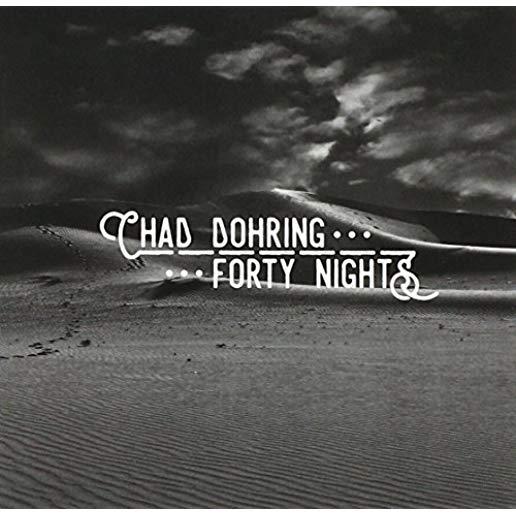
The year 1951 would alter the way the Black community looked at segregated education. Local NAACP leaders and other activists spearheaded plans to end the rule of "separate but equal" and changed their strategy to integration. Barbara Johns would organize a student strike against the inadequate conditions of her Black high school. Justice for Black Americans would be the other critical issue addressed by the NAACP. On Christmas night, a shocking act of violence would be committed against Harry T. Moore, the executive director of the Florida NAACP, and his wife, Harriette, leaving the Black community devastated but also more determined to reach their dream of equality.
This detailed account explains why 1951 was such a critical year in the civil rights movement.
ABOUT THE SERIES:
The years from 1939 to 1954 were foundational to the civil rights movement. Resistance was often met with violence against Black Americans struggling to end discrimination and segregation. Yet the courage of those yearning for equal opportunities under the law continued to persevere and set the stage for the pivotal events of the late 1950s and 1960s.
With stunning photographs throughout and rich back matter, each book focuses on a specific year and chronologically follows the detailed events that occurred and the changes that took place..







